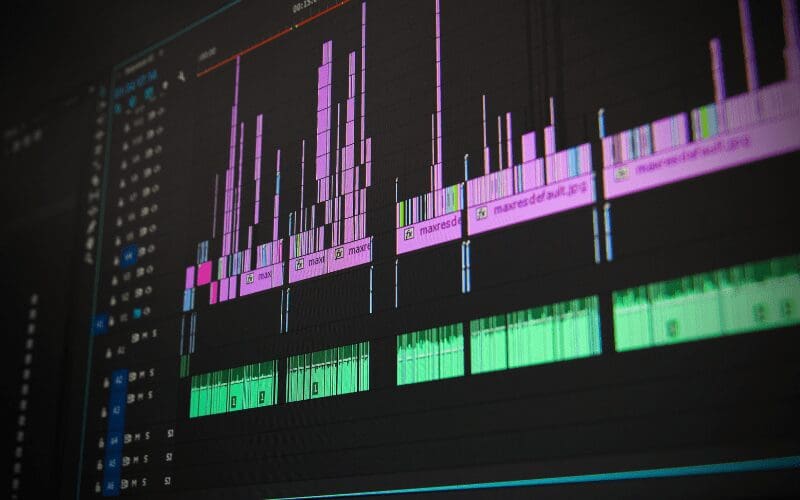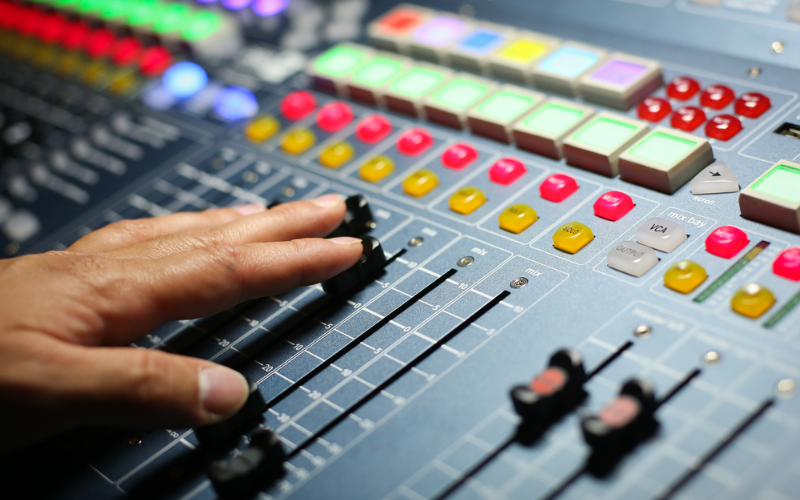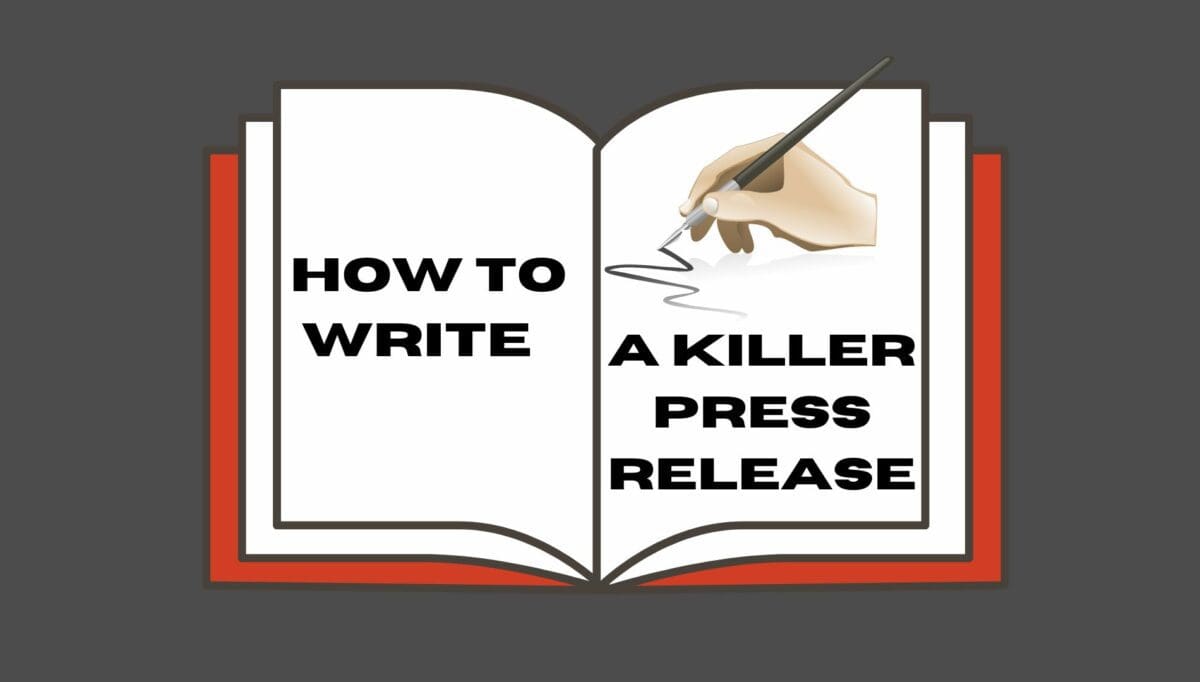Creating a remix is a great way for both an artist and remixer to generate or expand their fan base and further establish themselves as musicians. Often a track remade by a credible producer can shine a light on an emerging artist, and vice versa. We will be taking a closer look at the remix definition and how it plays an important role within the music industry.
With this in mind throughout the course of this blog post, we’ll be talking about what exactly it is and the benefits you can get from creating one.
Remix definition
An official remix is created when a producer (remixer) gets the stems and then alters them in terms of tempo, beat, effects, etc to essentially create a new track.
The stems, for those of you who have had little experience with production, are each of the individual recordings (guitars, vocals, synths, etc.) that make up the whole audio recording of the song. These stems are then mixed and mastered to create the final track.
With regards to unofficial remixes, often the only thing to remain the same is the lead vocals (or the lead instrumental line). Sometimes, even the lead is altered. The rest of the track is then discarded and the producer will create a new backing track of their own.
When making one, the genre of the song can be drastically changed. For example, your track could be turned into a hip-hop base, or the tempo and instrumentation can be changed to give it a dance music feel. There are literally no limits to creative options.
This brings us to the next big question:
Why Should You Make A Remix?
Much like music collaboration, is a great way for an artist to expand their fanbase. If the producer on their track already has an established fanbase these fans are likely to look into the original artist’s music.
Recently in the music charts, there have been many cases where the remix has exposed the artist to a mass audience. Think about Felix Jaehn’s remix of OMI’s “Cheerleader” for example. This track was officially released 3 years after the original recording. This new take on the song meant that OMI was able to establish a name for himself and progress to release “Hula Hoop” and other tracks.
Having a remix created can also make your original song more accessible to the broader public. By changing the genre of your rock song, you are opening up to a brand new market of listeners. It enables your song to be heard on various different radio stations or various different clubs.
DJs are often more likely to play a great remix for multiple reasons. The tempo is different and so is the beat. Also, most remixes will allow time at the start and end of the song. This is very handy as it allows the DJ to mix the next track into the set smoothly.
There is also the opportunity to generate more income on music streaming services. If the new mix is well received this can amount to you receiving music royalties on sites such as Spotify.
The Benefits For The Producer
Having a remixing skill allows producers to stamp their own style onto the original track and reinvent the original artist’s creation. They also allow the producer to experiment, develop and enhance their sound, or even find a completely new one.
Equally important is the fact that it allows the producer to broaden their audience. This is especially true if the original artist has a bigger following. People are much more likely to listen to the producer’s original piece of music if they’ve listened to their remixes first. Rather than finding their music by chance and going in completely blind – the fans will know what to expect.
The remix may even end up being more revered than the original, which would really boost the producer’s reputation in the music industry. Nightclubs and popular radio stations are more likely to play up-tempo, livelier mixes.
If the original is particularly slow and not nightclub/radio-friendly, a faster-paced version with more interesting production will likely capture some listeners’ attention.
How To Find A Producer
Finding the right producer to work with can be a bit of a challenge depending on where you live. This can be especially challenging if you’re at the start of your career and you haven’t built a good network yet. One path that many artists take is moving to more music-centric areas.
There’s nothing more cliche than the Nebraskan artist who moves to L.A. to make it big. But it’s true, moving to cities like L.A., London or Nashville will make it a lot easier to network! You can also go to music industry networking events in your local area. Here you could meet many professional-level artists, producers, and other professionals.
Alternatively, here at Мusic Gateway, we host a 10k+ Online Marketplace where you can meet like-minded people. All you need to do is create a project asking about your needs and all the relevant people in the network will contact you. You have the final call on who you accept for your project. Empowering you as the creative mastermind of the project.
Different types of remixes
Here are a couple of remix examples for different genres:
Dance Remix: A dance remix is a remix of a song that is specifically designed to be played in a dance club. These remixes often feature extended beats and loops and may include additional samples or synthesized elements.
Dub Remix: A dub remix is a remix of a song that is heavily influenced by the dub music genre. These remixes often feature heavy basslines, reverb and echo, and may include additional samples or synthesized elements.
Hip-Hop Remix: A hip-hop remix is a remix of a song that is heavily influenced by the hip-hop music genre. These remixes often feature samples from other songs and may include additional synthesized elements.
Pop Remix: A pop remix is a remix of a song that is heavily influenced by the pop music genre. These remixes often feature additional samples or synthesized elements and may include additional voiceovers or rap verses.
Reggae Remix: A reggae remix is a remix of a song that is heavily influenced by the reggae music genre. These remixes often feature heavy basslines, reverb and echo, and may include additional samples or synthesized elements.
Create your own music remix
When you create your own music remix, you must start by choosing a song to remix. Start by selecting a song that you like and that you think you can make interesting changes to.
Get familiar with the track. Listen to the song multiple times and become familiar with its structure and the different elements of the track.
Identify the parts you want to change. Once you are familiar with the track, identify the parts you want to change or add to. This could include adding new instrumentation, changing the tempo, or adding vocal samples.
Create a new version of the track. Use music production software to create your own music remix. This could include adding new instruments, changing the tempo, or adding vocal samples.
Mix and master your track. Once you have created a new version of the track, mix and master it to make sure it sounds great. This could include adding effects, equalizing the track, and compressing the audio.
Once you create your own music remix, be sure to share your track with the world. You can upload it to streaming services, post it on social media, or even submit it to record labels.
We hope that you enjoyed this article! Be sure to share it across your socials and tag us @musicgateway!














